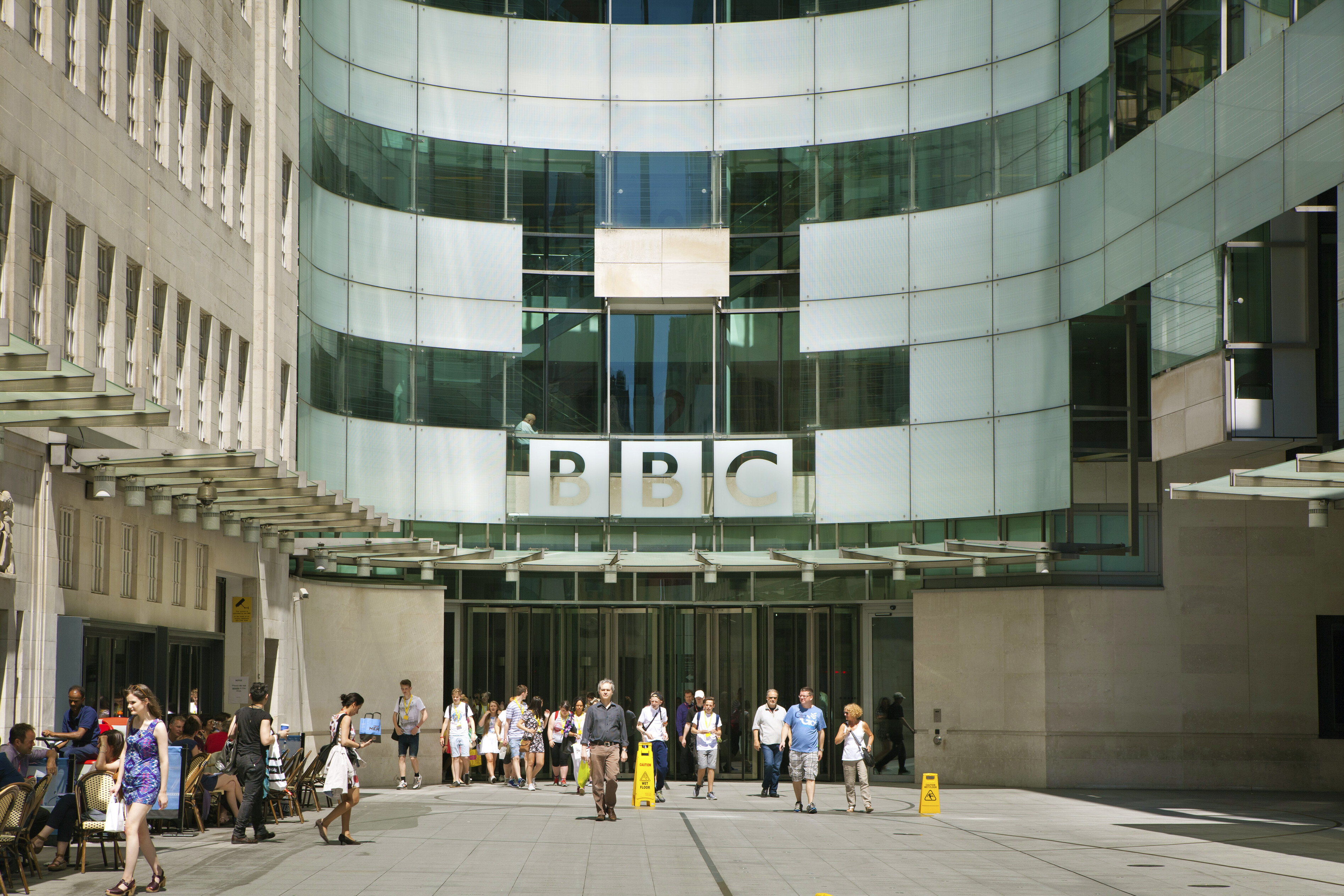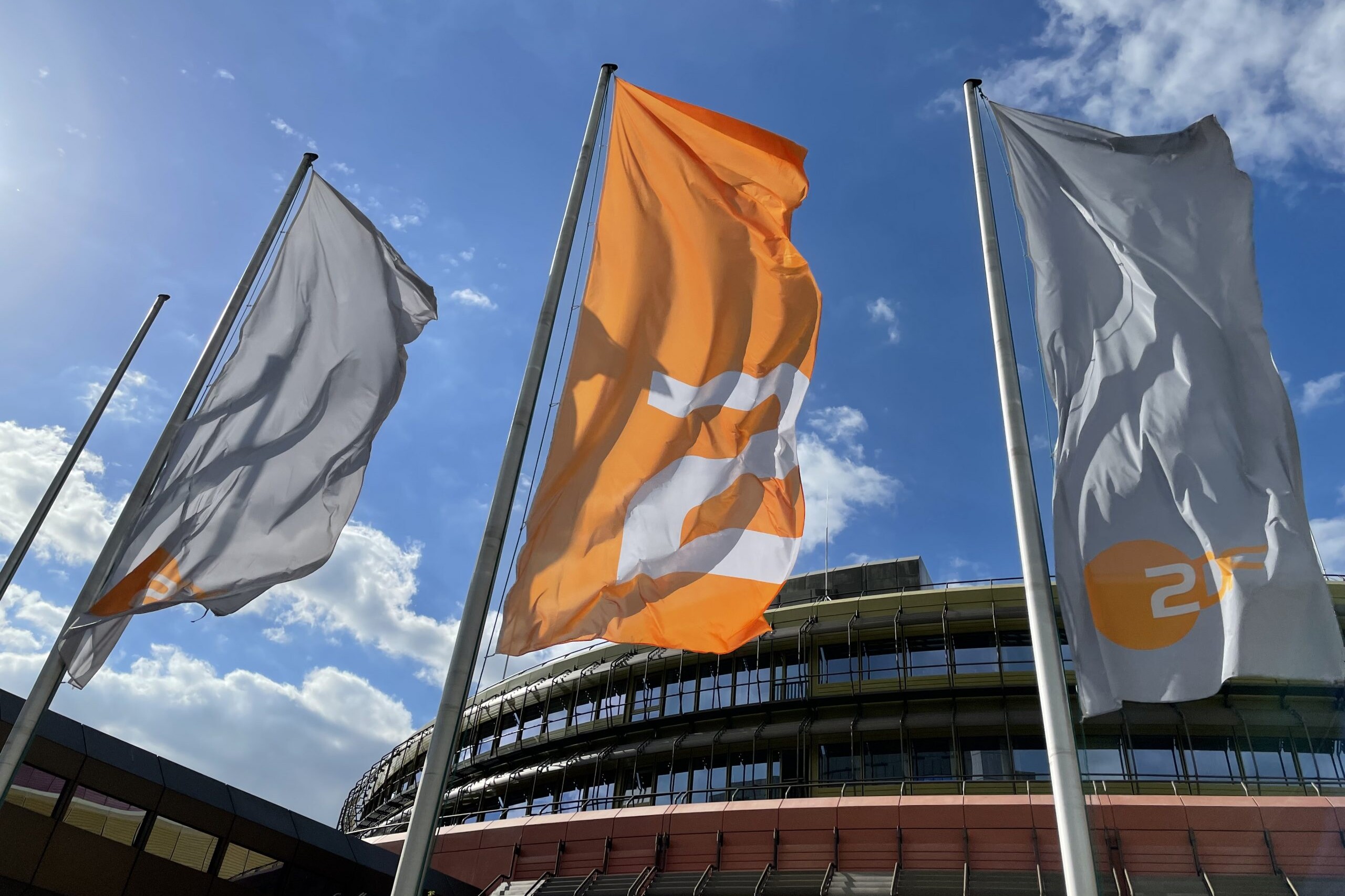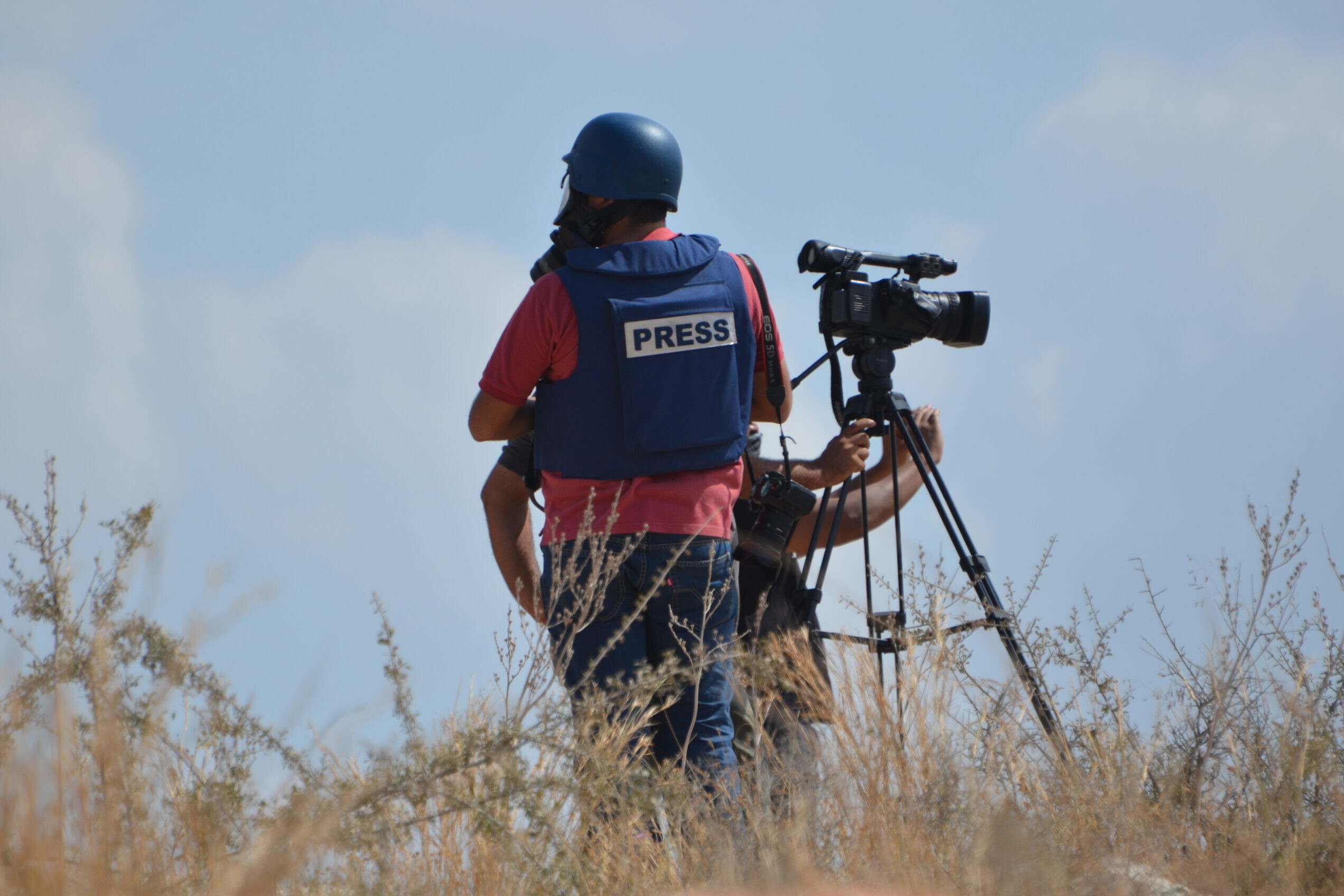The PMA Briefing
New deals for content
3 June 2025
Argentina’s children’s TV channel’s unveils a controversial new slate of kids content, while content creators have been given access to India’s national broadcasters’ archives. Plus, the BBC submits another complaint to the UN about Iran’s campaign of intimidation,
Argentina: Libertarian kids programme shown on state-run children’s channel
A libertarian children’s TV programme, which describes itself as conveying “hilarious education about freedom, economics and individual rights”, has been unveiled as part of Paka Paka’s (Argentina’s state-run children’s TV channel) new slate of programming.
Tuttle Twins was created in 2021 by a US-based free market think tank. It features a pair of twins who travel back in time, and meet famous figures from history, such as Adam Smith and Milton Friedman, while Karl Marx is the villain. Argentina’s president, Javier Milei, was featured in a Tuttle Twins book in 2024 and reportedly has also held a meeting with the show’s creator at a conservative conference.
In the original announcement of the new programming, the station Paka Paka said the new programme was “designed to entertain, surprise, and engage children up to 12 years old… without ideological bias and with a focus on values.” However, this was heavily scrutinised. Milei was accused of using the “media outlet as a means of disseminating his ‘cultural battle’ to indoctrinate children and adolescents with a way of thinking that literally crushes the basic right to freedom,” by the Civic Coalition National Representative, Marcela Campagnoli.
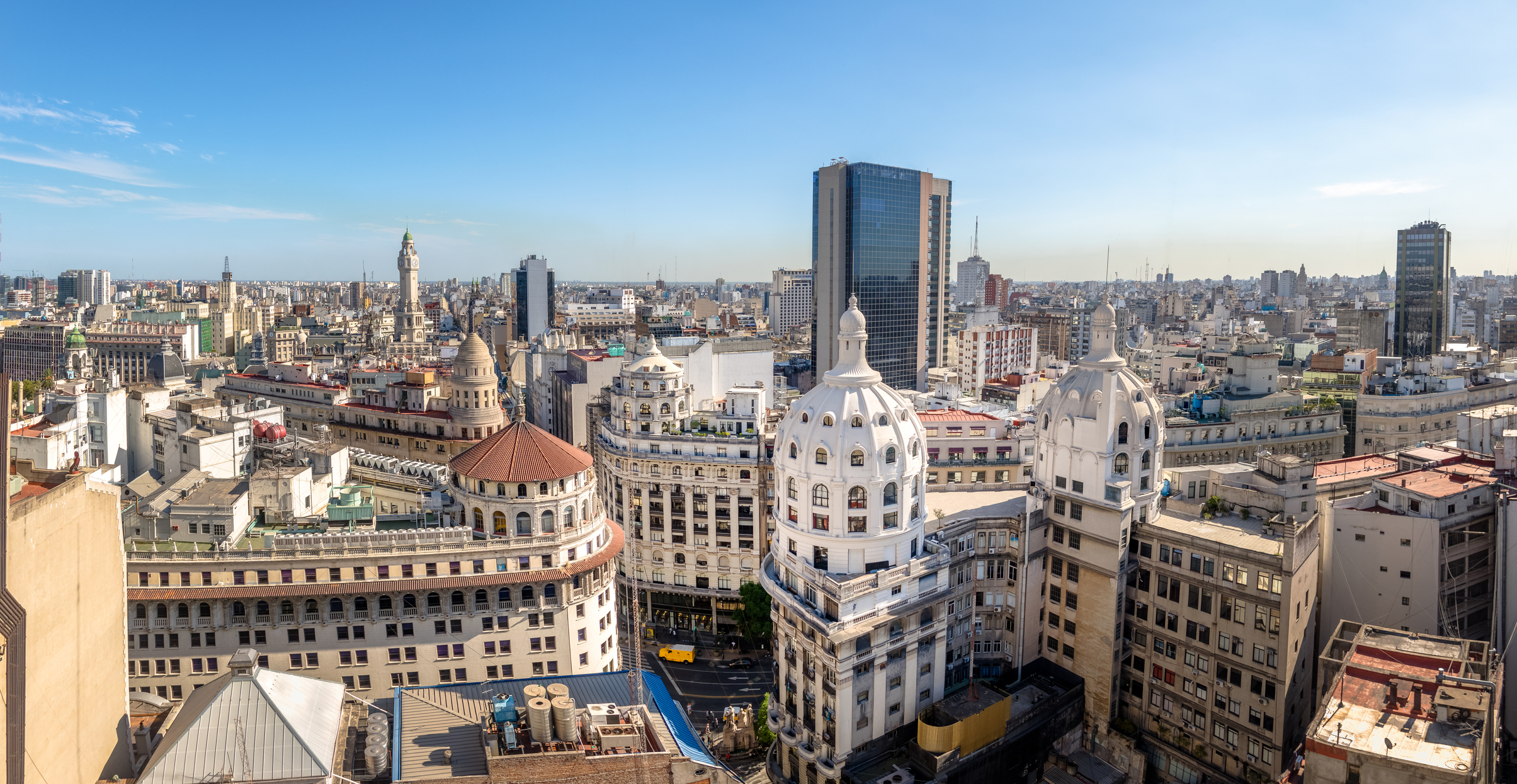
India: Broadcasters waive copyright for content creators
Indian content creators have been offered free, or low cost access to the archives of the country’s national broadcasters. In a statement posted on X, the television broadcaster, Doordarshan, said that ”creators can now set aside copyright concerns and access:
- A platform for free 24/7 easily accessible news clips, audio materials, written stories and visuals
- Fully copyright-free and authorised for use
- Verified resources for media organisations and creators for every event across India.”
The move from India’s national broadcasters comes after a standoff between the news agency, ANI, and some YouTube creators. ANI was accused of trying to take down videos, or ask YouTubers for payment, if they had used clips from ANI in their own videos.

UK: “Share and troubling” escalation in intimidatory tactics on BBC Persian staff
The BBC has reported a “sharp and troubling” escalation in attempts to intimidate staff and relatives at the broadcaster’s Persian service, “orchestrated by the Iranian authorities”. As part of this “campaign of intimidation”, family members have been subjected to travel bans, passport confiscation, interrogations and the threat of asset seizure.
In a statement, the Director General Tim Davie said “These acts are clearly designed to exploit family ties as a means of coercion – pressuring our journalists to abandon their work or return to Iran under false pretences.”
Davie called on the Iranian authorities to cease the attacks, while the organisation will also lodge a complaint with the UN Human Rights Council Special Procedures mandate-holders. It is not the first time the BBC has taken such action. In February 2022 a complaint was lodged, after which the UN raised grave concerns with Iran. Subsequently, a UN fact-finding mission found that the Iranian authorities “harassed, threatened and intimidated journalists and other media employees working outside the country”, including those working at BBC News Persian, and for including BBC News Persian on a list of sanctioned organisations.

Mexico: Broadcasting Law debated by public and private media
The Network of Educational and Cultural Radio and Television Broadcasters (RED México) proposed a series of procedures to include in the new Federal Telecommunications and Broadcasting Law to ensure the autonomy of public media.
The controversial law had been temporarily suspended by the government a few days after its introduction to the Senate at the end of April, to set up a dialogue with stakeholders and legal advisors. The Mexican Bar Association applauded the government decision, as it had raised fears of a major impact on fundamental rights such as freedom of expression and access to information.
While the bill intended to connect 15 million Mexicans without internet access, the proposal also included provisions that would let the Digital Transformation and Telecommunications Agency temporarily block digital platforms at the request of authorities —without specifying conditions or oversight.
During the Assembly gathering representatives of public radio and television stations, the president of Red México stressed the need for a Broadcasting Law that took into account the needs and the challenges that the Mexican public broadcasting system is facing. The forum brought together public and private media, who called on the government “to strengthen public and private media outlets and guarantee freedom of expression”.
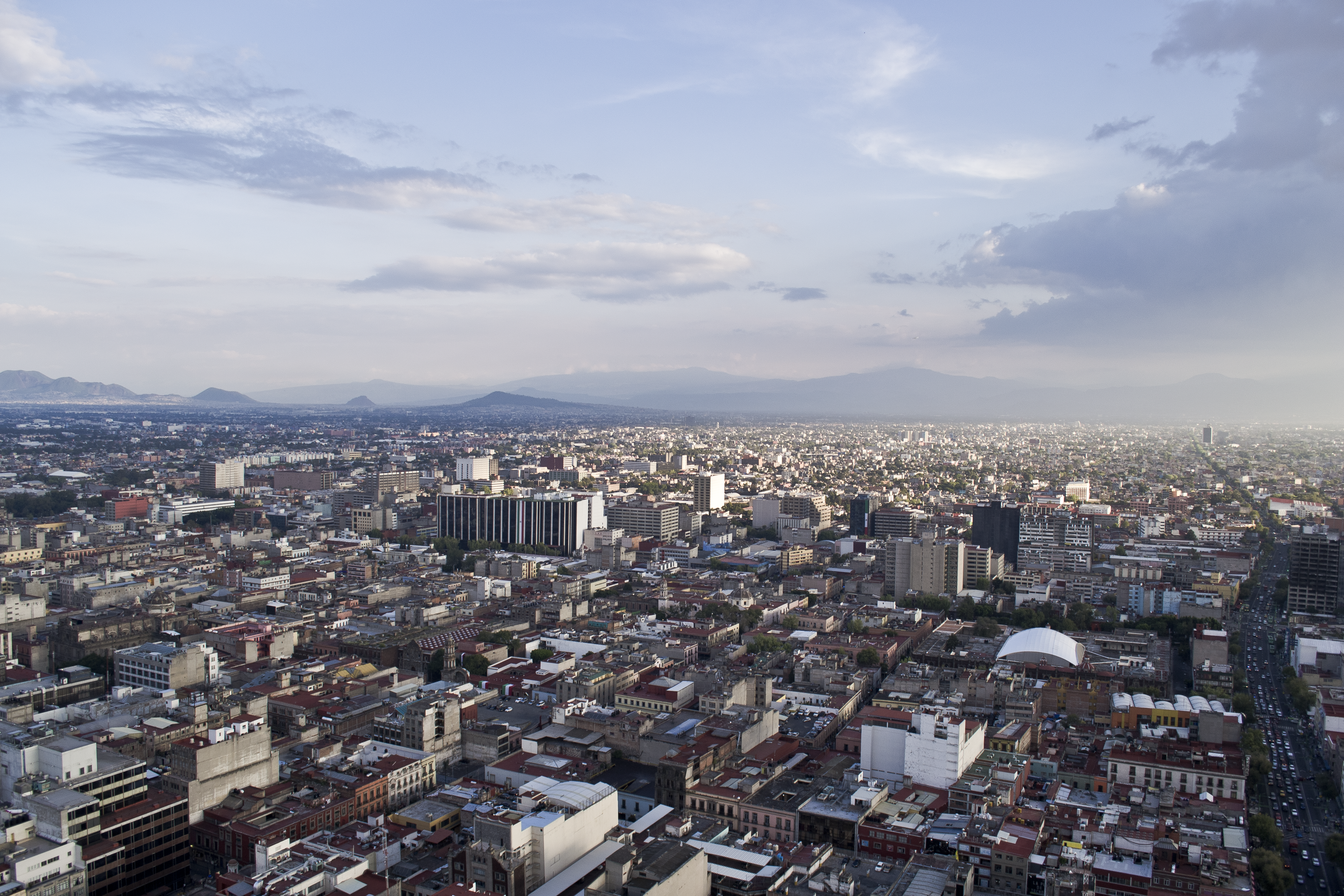
Featured Image: British Broadcasting Corporation (BBC) headquarters building on Portland Place. Credit: Willy Barton / Shutterstock.com
Related Posts
20th May 2025
What’s the world’s biggest public broadcaster? | The PMA Briefing
A new report ranks the top 100 media…
13th May 2025
Public media and politics: debates over coverage, platforms and funding | The PMA Briefing
Controversy surrounds political…

